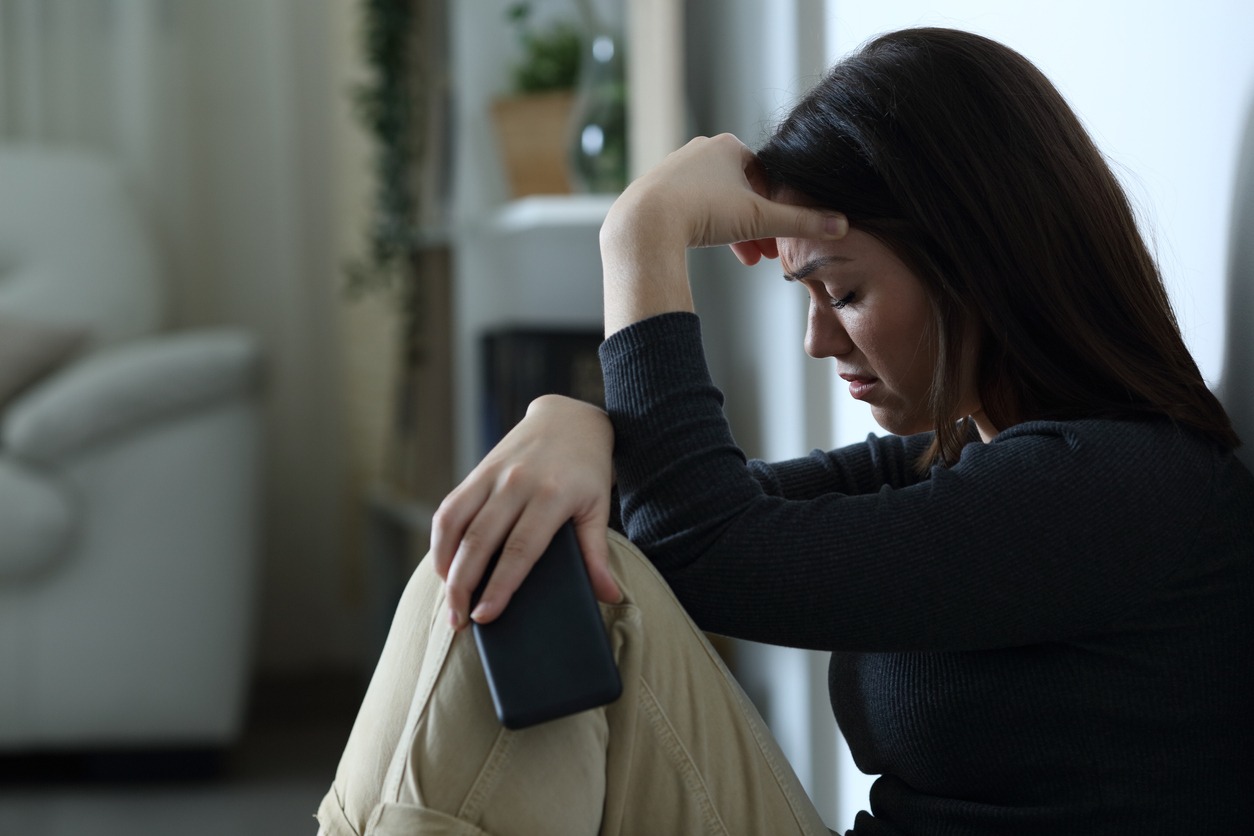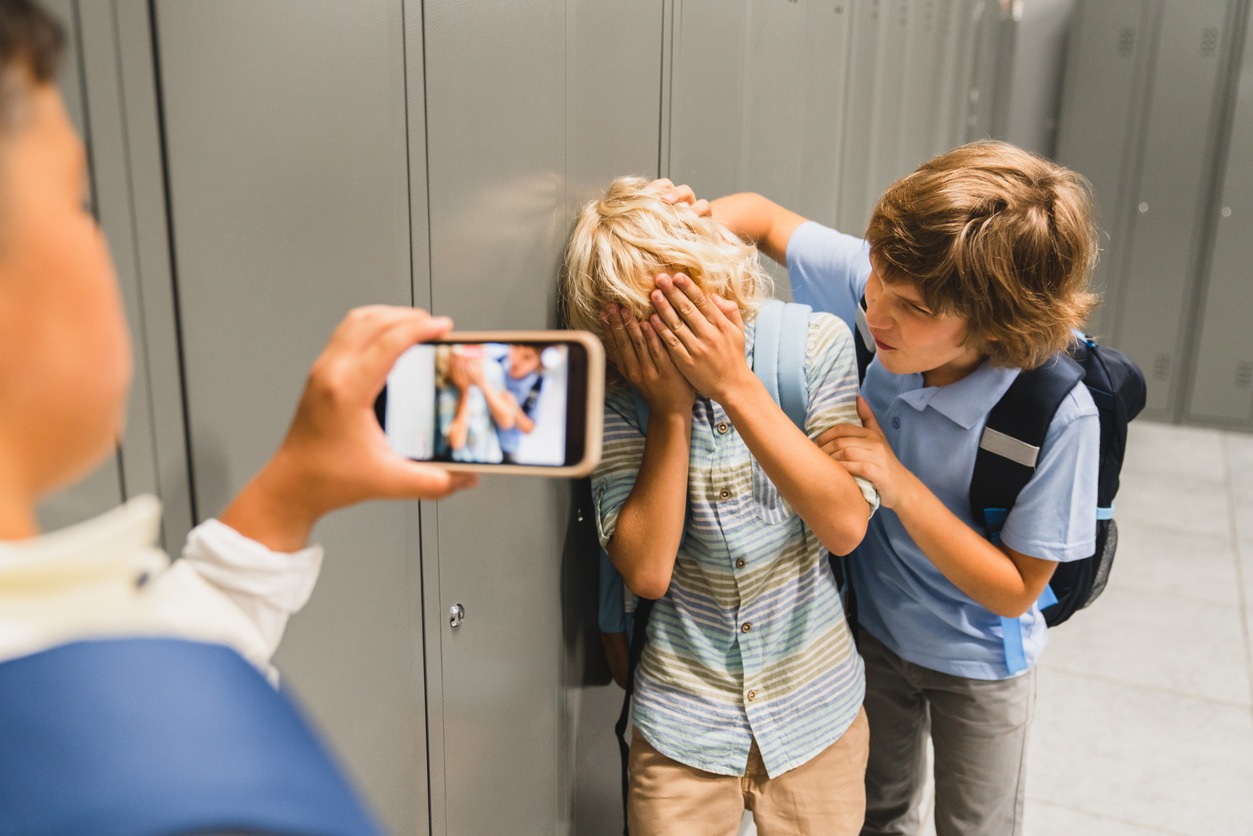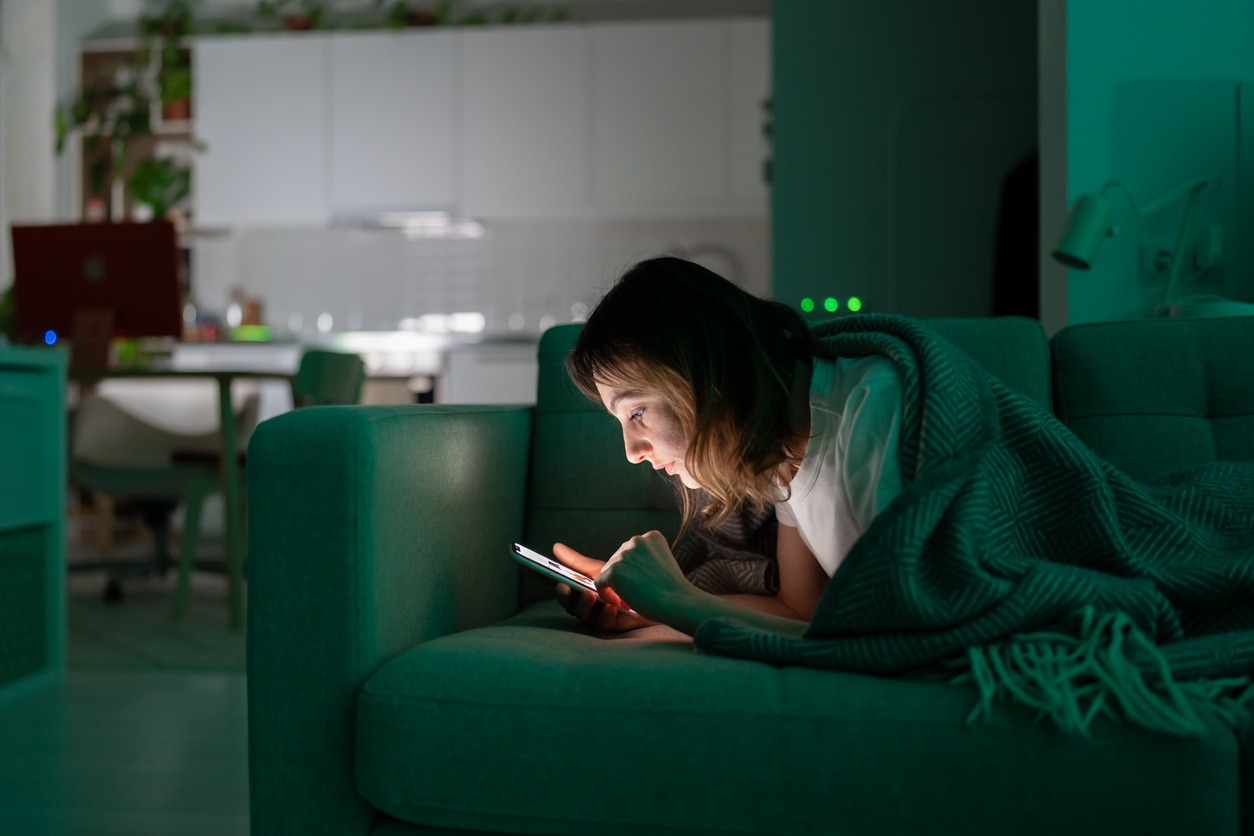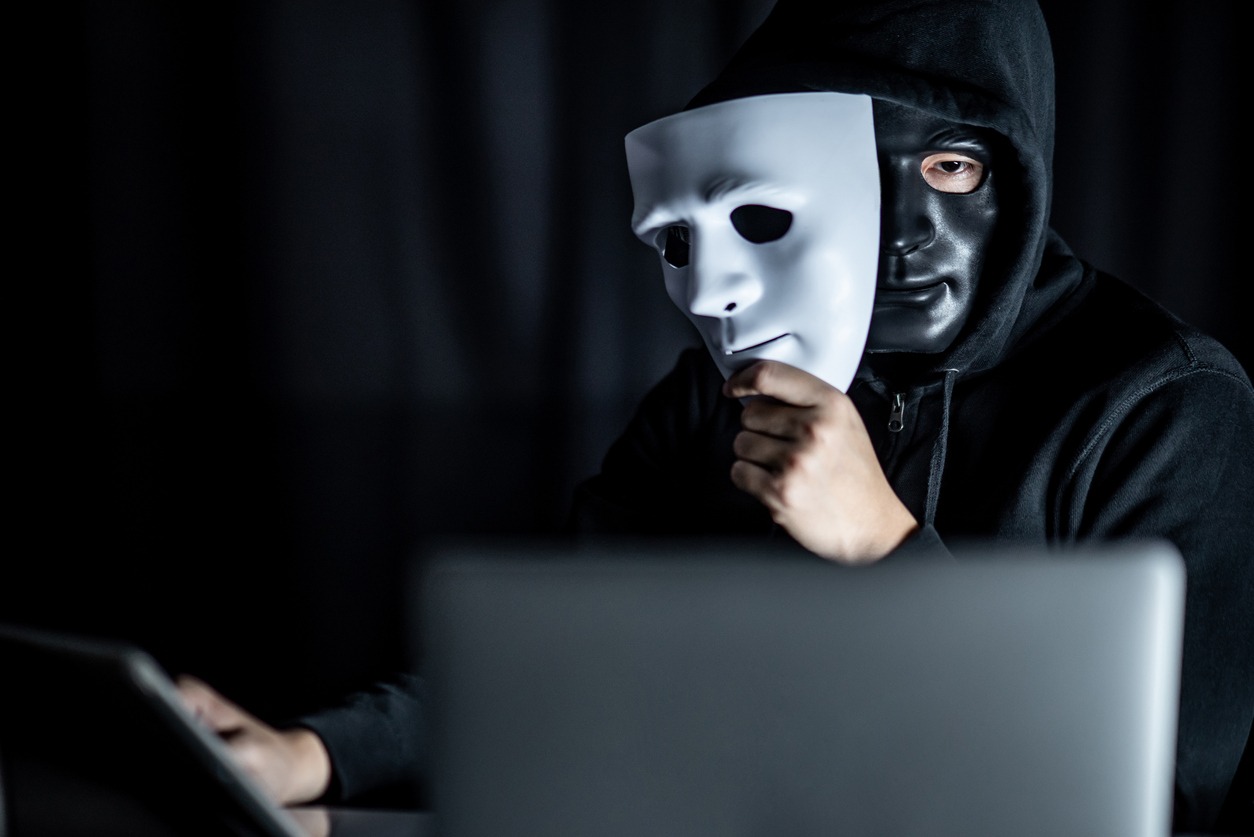In our contemporary landscape, social media has seamlessly woven itself into the fabric of our daily lives and undoubtedly, stands as one of the most captivating innovations of our time. It provides a vibrant avenue for individuals to cultivate diverse connections and foster a global sense of community, while also serving as an indispensable tool for sharing information, fostering creativity, and expanding business opportunities.
While the positive facets of social media are undeniable, as we scroll, click, and interact, we’re often unaware of the intricate world beneath. Social media platforms, designed to keep us engaged, often lead us down paths we don’t intend to tread. It harbors a range of adverse effects that can impact our well-being.
By being aware of the darker aspects of social media, we can make better choices about how we use it and protect ourselves from its negative effects. So, let’s dive into the hidden pitfalls and use our digital tools wisely to ensure a healthier and safer online experience for ourselves and our community.
10 Harmful Effects of Social Media
1. Social Isolation
Frequent social media use can diminish the quality time we spend with those physically present in our lives, potentially leading to their annoyance when our attention is diverted by endless scrolling.
Although social media serves as a valuable platform for seeking support when in-person interaction isn’t feasible, it can never replicate the genuine comfort and solidarity that come from being in the same physical space as someone. Additionally, face-to-face conversations rely heavily on non-verbal cues, which are absent in online interactions, rendering communication more complex and increasing the likelihood of misunderstandings, even among close friends.
While online connections offer convenience, prolonged digital immersion can induce feelings of loneliness, akin to a lavish visual feast leaving an emotional void. Prioritizing virtual interactions over real-world engagements may exact a toll on our mental and emotional well-being, evoking sentiments of exclusion or melancholy when we come across snapshots of gatherings we weren’t part of.
To counteract these subtle yet profound effects of social isolation, it is essential to strike a balance by occasionally setting aside our screens and nurturing in-person connections with friends and family.
2. Depression and Anxiety
Spending excessive time on social media can lead to negative emotions, particularly in individuals already dealing with anxiety and depression. Recent studies have linked increased social media usage to higher levels of depression, and this is often attributed to heightened social comparisons and reduced face-to-face interaction.
Constant exposure to carefully curated highlights of others’ lives on social media can lead to feelings of inadequacy and unhappiness, as we compare our inner struggles, which are often kept private, with the seemingly perfect lives of others.
To mitigate these psychological distresses, experts recommend moderation in social media use, suggesting that spending around half an hour per day is a reasonable limit. Additionally, being mindful of the content we consume, steering away from contentious debates and distressing news, and instead focusing on more positive and uplifting aspects of social media, such as updates from favorite musicians or adorable pet photos, can help in preserving our mental well-being.
3. Cyberbullying
This is another dark consequence of online platforms, where individuals can easily subject others to harassment, threats, and humiliation.
It doesn’t discriminate; both young people and adults can fall victim to the cruelty that often exploits the anonymity provided by certain social networks.
Perpetrators may initially pose as friends, gaining trust before launching devastating attacks in front of peers. These online assaults leave lasting mental scars and, tragically, can lead some to self-harm or even suicide.
Adults too are prone especially in workplace.
Victims endure extreme stress, impacting their job performance, and social media interactions can spill over into real-life tensions among colleagues, affecting workplace morale and productivity. It’s essential to protect oneself by learning how to enhance online privacy settings and apply them across various social networks, safeguarding mental well-being in the digital age.
4. Sleep Disturbances
Spending excessive time on social media, particularly right before bedtime, can seriously disrupt our sleep patterns. This happens because the blue light emitted from screens tricks our brain into thinking it’s still daytime, messing with our internal sleep clock, making it challenging to both fall asleep and stay asleep.
The negative effects on sleep quality have been extensively studied, affecting not just teenagers but also adults who find themselves glued to their screens late into the night, often unaware that midnight has crept up. Sleep deprivation, one of the most common consequences of heavy social media use, not only hinders our ability to get the rest we need but also contributes to increased cases of anxiety and depression, further emphasizing the importance of establishing a healthy balance between screen time and quality sleep.
5. Addiction
Social media’s addictive nature can be more potent than cigarettes and alcohol, drawing users into compulsive checking without even realizing it. The design of these platforms encourages such behavior, often leading to neglect of real-life responsibilities, relationships, and overall well-being.
A telling sign of addiction is the inability to recall the last time a day went by without checking any social media accounts and the emotional reaction to unfollows or the hypothetical disappearance of favorite networks.
Social media platforms thrive on capturing and holding your attention, as this translates into more advertisements and greater profits. Apps like TikTok, for instance, bombard users with a continuous stream of short videos that gradually erode their attention span. While quitting social media entirely may not be necessary, it can be a viable solution if addiction becomes a genuine concern, allowing individuals to regain control over their digital habits and well-being.
6. Privacy Concerns
Sharing personal information on social media poses a considerable risk to our privacy. Not only can this data be exploited by hackers or misused, potentially leading to identity theft or harassment, but social media platforms themselves often save and even sell your personal information.
Recent controversies, like government agencies accessing personal data without consent, have highlighted the concerning intersection of privacy and the internet. Employers are increasingly turning to social media to assess potential hires, scrutinizing profiles for every thought shared.
Oversharing online can inadvertently create a negative perception, potentially jeopardizing valuable opportunities in an era where personal information is both a valuable commodity and a potential liability. It’s crucial to exercise caution and safeguard sensitive information to protect our digital privacy in an increasingly connected world.
7. Decreased Productivity
The constant allure of social media, with its frequent notifications and the temptation to check it incessantly throughout the day, poses a significant threat to our productivity, whether at work or in everyday tasks. It’s all too common for people to become so engrossed in the digital world that they neglect their real-life goals. Instead of focusing on building useful skills and working toward their dream careers, individuals often chase internet fame.
Achieving personal goals requires dedication and sustained effort, but social media provides an effortless escape when hard work feels daunting, leading to a path where productivity falters due to the convenience of distractions. In this digital age, maintaining a balance between online engagement and pursuing our real-world aspirations becomes crucial to ensure we don’t squander valuable opportunities and potential life achievements for the sake of fleeting internet stardom.
8. Negative Self-Image
Scrolling through social media often makes us compare our lives to others, and it can make us feel like we don’t measure up. We see people posting amazing vacation pictures or sharing news about their perfect new baby, but what we don’t see is the messy and challenging parts of their lives. This constant exposure to seemingly perfect lives on platforms like Facebook can make us feel bad about ourselves, especially when we’re younger.
Instagram, in particular, is full of photos of incredibly good-looking people wearing expensive clothes and looking flawless. This can make us feel self-conscious about our own looks and bodies.
Some people even go to unhealthy lengths to try to look as perfect as the Instagram stars. To avoid feeling this way, it’s important to surround ourselves with people who love us for who we are, not how we look or what we post online. This helps protect our mental well-being and self-esteem.
9. Spread of Misinformation
The problem of false information on social media is a serious one. It can quickly spread, causing confusion and fear, and sometimes even leading to real-world problems. To tackle this issue, it’s vital to think critically and fact-check the information we come across online.
The prevalence of “fake news” has made it hard to trust even traditional news sources, which has consequences beyond just misinformation. For businesses, false or confusing online content can damage their reputation, upset loyal customers, and discourage potential buyers from considering their products or services. So, in the digital age, being vigilant and discerning about the information we encounter is essential, not only for individuals but also for businesses trying to maintain trust and credibility.
10. Fear of Missing Out (FOMO)
The fear of missing out, commonly known as FOMO, has become a pervasive issue in the age of social media. It’s essentially the anxiety we feel when we worry about missing out on exciting experiences others are having. For instance, you might constantly check your messages to see if there’s an invitation waiting for you or scroll through your Instagram feed all day, fearing that your friends are enjoying something cool without you. This fear is fueled by what we see on social media, where it’s easy to come across posts that make it seem like others are having more fun or fulfilling experiences than we are at the moment. This constant pressure to stay connected and not miss out can take a toll on our personal well-being. To combat FOMO, it’s important to find ways to manage it when using social media or even consider reducing your social media usage if it’s become overwhelming.
Conclusion
While social media undoubtedly offers numerous benefits, it’s essential to be aware of the potential harmful effects it can have on our lives. By recognizing these downsides and taking steps to use social media mindfully, we can enjoy the advantages of digital connectivity while safeguarding our mental and emotional well-being.







